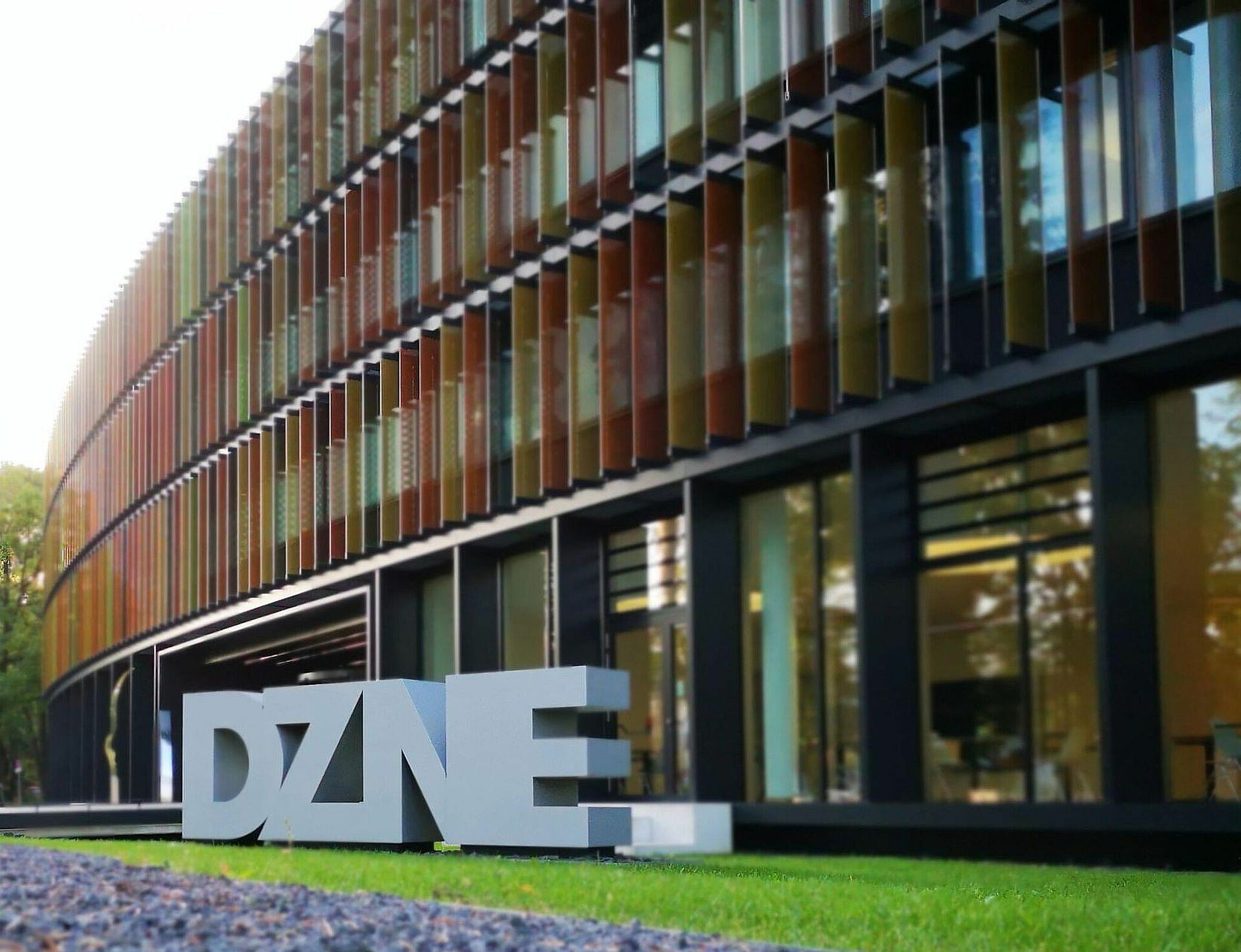Site Bonn
With some 600 employees, Bonn is the DZNE’s largest site as well as the seat of the Executive Board and the central administration. The location’s research covers a wide variety of topics and disciplines, ranging from studies in the laboratory to human clinical studies and population health studies.
In addition to researching the mechanisms of brain diseases, such as Alzheimer’s, Parkinson’s, and vascular dementia, the scientists in Bonn also dedicate their efforts to the molecular processes underlying spinal cord injuries. They also study aging processes at the microscopic level, the role of the immune system in brain diseases, and how neurons develop, connect, and contribute to memory function.

Through human clinical studies, experts at the DZNE in Bonn are also conducting research to improve the early detection of dementia and movement disorders and to develop new therapies and drugs. They are particularly interested in the detection of “biomarkers,” which are biological indicators (such as in the blood or cerebrospinal fluid) that can be used to detect a disease and assess how it will progress in the future. Many DZNE clinical studies are multi-site to include the largest number of participants possible. The coordination office for these nationwide activities is based in Bonn.
Through the “Rhineland Study,” the DZNE is investigating how health and the brain develop over the course of a lifetime and what impact factors such as lifestyle habits have on this. Up to 20,000 adults from Bonn and the surrounding area are being followed over a period of decades. Findings from the study are expected to contribute to personalized health care, improved early detection, and therapies for dementia and other age-related diseases.
Another research focus in Bonn is on “systems medicine," which combines methods from biology, medicine, data science, and biotechnology into a holistic approach to gain insight into the complex events of disease. State-of-the-art laboratory and data analysis methods are used, such as single-cell genomics and artificial intelligence.
DZNE cooperation partner Bonn
Address
Research Groups
Population & Clinical Neuroepidemiology
Dr. Dr. Ahmad Aziz
Ageing and Neurodegeneration
Dr. Daniele Bano
Modular High Performance Computing and Artificial Intelligence
Dr. Matthias Becker
Immunogenomics & Neurodegeneration
Priv.-Doz. Dr. Marc Beyer
Positron Emission Tomography (PET)
Prof. Dr. Henning Boecker
Axon Growth and Regeneration
Prof. Dr. Frank Bradke
Population Health Sciences
Prof. Dr. Dr. Monique M. B. Breteler
Immunoregulation
Dr. Melania Capasso
Neurodegeneration and Neuroprotection in Parkinson's Disease
Prof. Donato Di Monte
Demographic Studies
Prof. Dr. Gabriele Doblhammer
Molecular and Cellular Cognition
Dr. Dan Ehninger
Neuroimmunology and Imaging
Dr. Martin Fuhrmann
Spatial Dynamics of Neurodegeneration
Prof. Dr. Ozgun Gokce
Neural Circuit Computations
Prof. Dr. Jan Gründemann
Microglia and Neuroinflammation
Dr. Annett Halle
Pharmacoepidemiology
Priv.-Doz. Dr. Britta Hänisch
Experimental Neurophysiology
Prof. Dr. Dirk Isbrandt
Clinical Alzheimer’s Disease Research
Prof. Dr. Frank Jessen
Patient Studies
Prof. Dr. Thomas Klockgether
Functional Diversity of Neural Circuits
Dr. Sabine Krabbe
Statistics and Machine Learning
Prof. Dr. Sach Mukherjee
Synaptic Connectivity and Neurodegeneration
Prof. Dr. Dr. Pierluigi Nicotera
Vascular Neurology
Prof. Dr. Gabor Petzold
Clinical Neuroimaging
Prof. Dr. med. Ass. iur. Alexander Radbruch
Artificial Intelligence in Medical Imaging
Prof. Dr. Martin Reuter
Nuclear Function in CNS pathophysiology
Prof. Dr. Paolo Salomoni
Translational Dementia Research
Prof. Dr. Anja Schneider
Clinical Single Cell Omics (CSCO) /Systems Medicine
Prof. Dr. Joachim L. Schultze
MR Physics
Prof. Dr. Tony Stöcker
Prion Cell Biology
Prof. Dr. Ina Vorberg
Neuropsychology
Prof. Dr. Michael Wagner
Biomarker Parkinson's disease
Prof. Dr. Ullrich Wüllner
Cooperation Units
Innate Immunity in Neurodegeneration
Prof. Dr. Eicke Latz
Neonatal Neuroscience
Priv.-Doz. Dr. Hemmen Sabir
